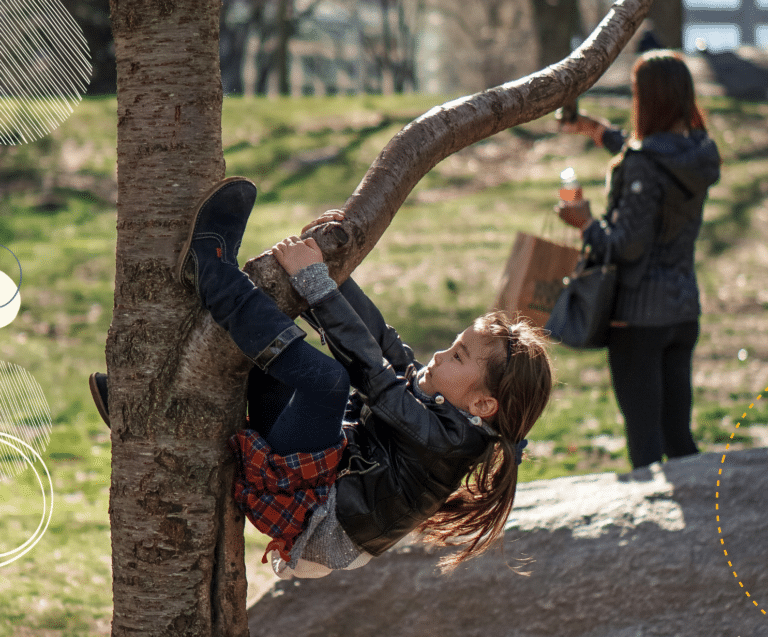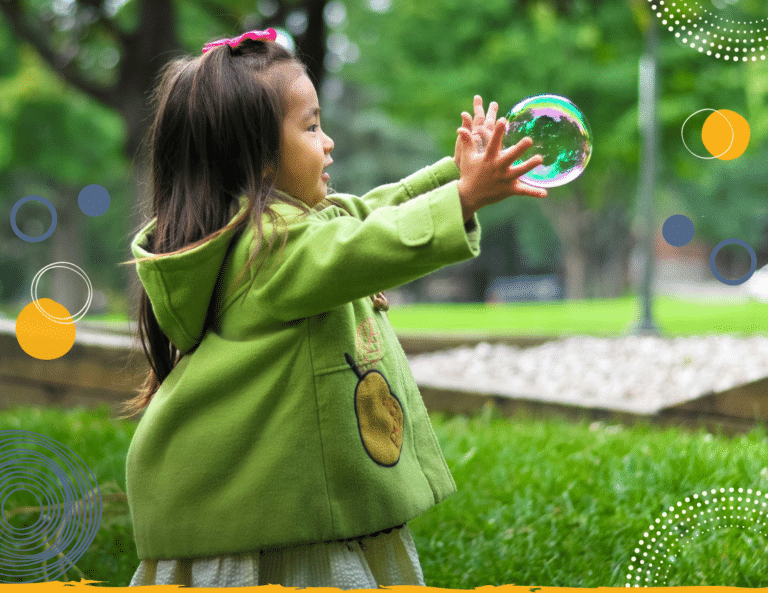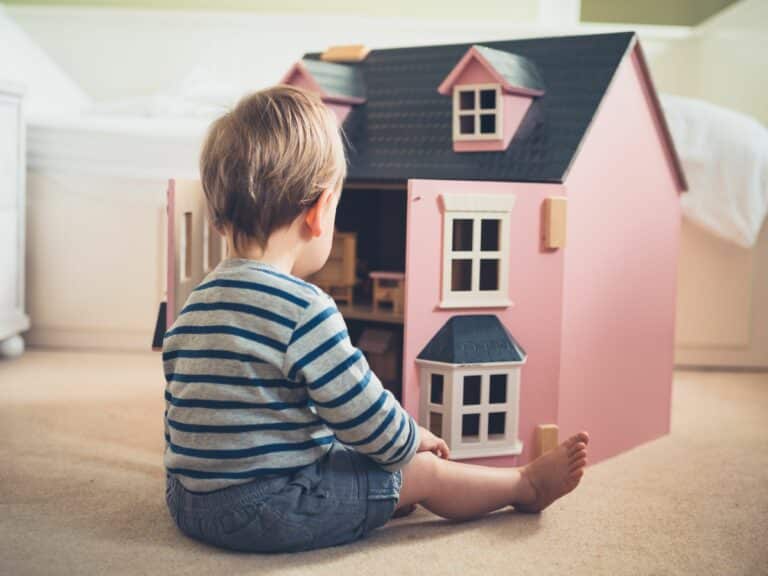Why boredom is good for children
Boredom is good for children because it stimulates curiosity and fires the imagination.  At its best, boredom is a creative state that leads to new ideas and new play. And we know that good quality play drives children’s development and builds intelligence.
At its best, boredom is a creative state that leads to new ideas and new play. And we know that good quality play drives children’s development and builds intelligence.
But boredom is good for children only when it results in children using their imagination to rise to the challenge of boredom. If they always turn on the TV or reach for tech as an easy chewing-gum boredom filler, then that spark of imagination is lost.
Imagination is vital for children of all ages. It stimulates children to explore their environment in new ways, which in turn leads to learning and skills development. Imagination also enhances social skills – after all, empathy is really just the ability to imagine being in someone else’s shoes.
And, because imagination is an internal resource – a habit of mind – it is something that children need to develop through practice and repetition. Adults providing imaginative activities for children is never as effective as children inventing their own.
Here’s how parents can harness the power of boredom to support children’s development:
Turn off the tech
Research shows that watching TV reduces children’s imaginative capacity. Tech is a habit-forming boredom filler that can get in the way of enhanced play. So set limits around children’s screen time.
Give them paper and pen
A piece of paper and something to write/draw with has endless possibilities for joint/solo play and creativity. And just as easy to carry as a tablet.
Let them have downtime
Structured activities like sports and music are great for kids but don’t overschedule. Make sure they have time to relax, to daydream and just potter about. Ideas need space to be nurtured and to grow.
Let them take healthy risks
If keeping your children safe means them always sitting in front of tech inside the house then damage is still being done, you just can’t see the bruises. Children need room to roam and to challenge themselves, for their physical and mental wellbeing.
Provide a changing environment
Does your child get bored despite having millions of toys? Then put three-quarters of the toys away somewhere and rotate them every few weeks. Focus on providing basic materials that can be used in lots of different ways. The recycling box is a great place to start – then add some scraps of fabric, string, pipe cleaners etc. Spend time outside in the natural world and let them get grubby.
Celebrate “I’m bored!”
If the kids are bored, that’s great. They will have to stretch their brains to meet the challenge. Don’t feel obliged to take away their boredom by providing things to do. Say “That’s brilliant! What are you going to do about it?” Then step back and give them time. Let them dwell in their own boredom until something sparks.
Set challenges
If your child really can’t think of something to do, set them a challenge (“Why don’t you see how many different insects you can count in the garden?”). If they don’t like your challenge, say “Well, that’s my idea, you’ll have to come up with your own.”
Don’t feel guilty
It is not your job as a parent to fill your child’s every moment. A bit of boredom is good for children. So take the long view. Learning to manage themselves, their time and their feelings are essential life skills. Children learn to solve problems by practising solving problems. And boredom is a great problem to learn to solve!
Found this useful? Sign up to monthly newsletters for more like this.






